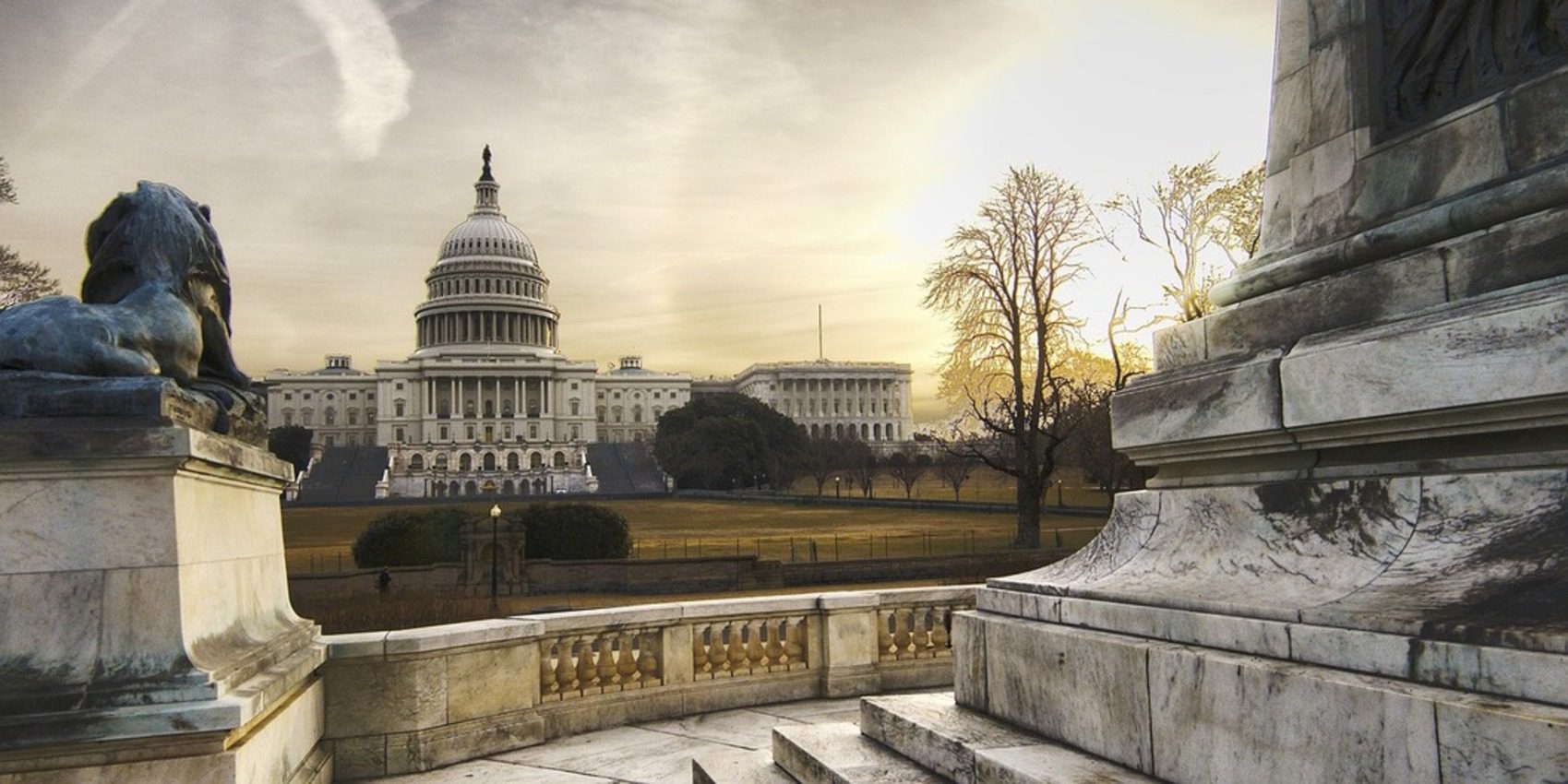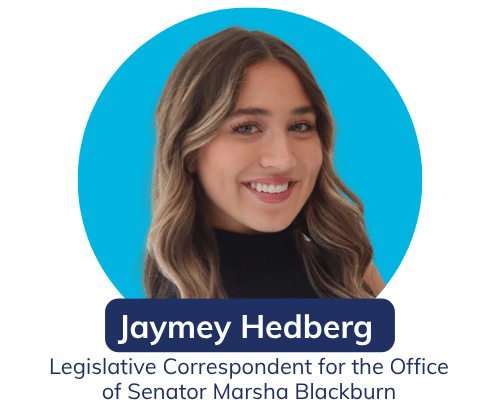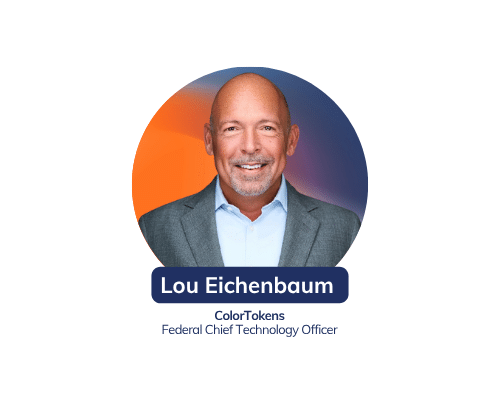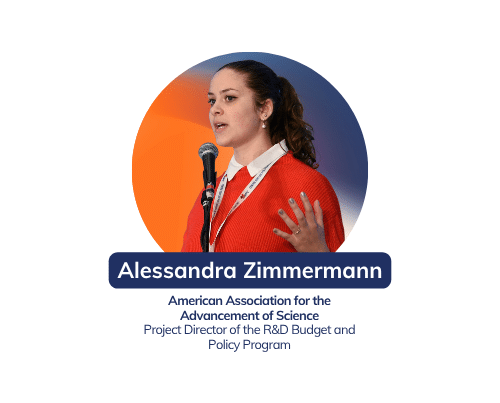From Grassroots to Capitol Hill: Navigating Policy, Passion, and Public Service
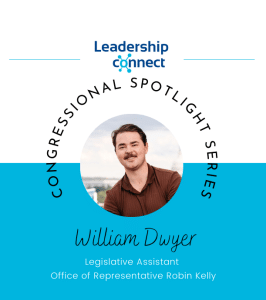
Can you tell me about your career path that you’ve taken that’s led you to where you are now?
My degrees are actually in social work, but my concentration in graduate school was more targeted at public policy and non-profit administration. I never anticipated working for a Member of Congress or any elected official for that matter. My initial goal was to work for one of Chicago’s many non-profit organizations focusing on mental health and other social issues. However, I completed my graduate internship with the National Association of Social Workers-Illinois in Chicago and then they hired me as a Political Organizer for their PAC during the 2018 cycle.
In that role, I represented the PAC and worked with our endorsed candidates in the state. Through that experience, I ended up meeting Congresswoman Robin Kelly and one of her longtime staffers. I followed up on our initial connection and was fortunate enough to get hired in one of her district offices. This was a great fit as I was a constituent of the district, and it allowed me the opportunity to serve the community where I was raised.
Although I was working in the district, I always expressed interest in getting more involved with the legislative process and took advantage of opportunities to grow outside of my job description. About a year and a half later, an opportunity arose for me to transition to our DC office. I always say it came at the best time, as the transition began shortly after the COVID pandemic took over, and I formally came to DC in August 2020. Since then, I have worked in a variety of roles, coordinating mail and tours, managing interns, assisting with our scheduling operation, and growing my legislative portfolio.
Which policy areas or legislative issues are you most passionate about and how do you stay informed and engaged in those specific areas?
When I first became interested in policy, I was primarily focused on mental health and suicide prevention. I’ve been fortunate to advocate and speak on those issues outside of my formal role, but with the office, I don’t cover healthcare directly (I do handle one mental health bill and those interests also often overlap with the defense/VA portfolios as well) but something that has surprised me is my interest in nutrition policy.
My boss’ district is urban, suburban, and rural with over 4,500 farms which often surprises people. I grew up in the far south suburbs of Chicago, where the suburbs turn more rural, and agriculture is a dominant industry. I had very little interest in agriculture prior to working on that portfolio, but I’ve learned to love working in that space and primarily thinking about access to local and healthy foods. I think it’s a unique issue that impacts all of us, and we can work to address root causes of health disparities while supporting our local farmers as well.
To stay engaged, I try to consume as much media as I can touching those issues, talking with experts in the field, and coordinating visits back in district to touch base with stakeholders on the ground dealing with those issues every day.
Describe a challenging or rewarding project that significantly influenced your growth as a professional. How did you handle the challenge and how did it shape your approach to legislative work?
Most recently, I’ve been working on a food medicine bill that we are preparing to introduce. Before working on this issue, I didn’t have much background on the subject, so it has been a learning experience from day one. Food is medicine is a popular topic in the healthcare/nutrition space right now, but there are many approaches on how to scale these initiatives and what legislative opportunities exist. We’ve drafted and re-drafted the bill, consulted with outside stakeholders and other offices, and are still working on pushing this bill out.
I’ve worked to be more confident in my thoughts with this project, ensuring that while I still look for advice and suggestions, I don’t doubt my own intuition or understanding of my boss’ priorities. Sometimes, too much feedback can become debilitating as you’re not usually able to make every single person or organization completely happy with your efforts.
Additionally, I’ve looked for other opportunities to advance this issue for my office while the bill takes shape such as sending a delegation letter hitting on the subject, working through the appropriations process, and organizing a panel discussion on how to utilize food is medicine to leverage nutrition to fuel healthy outcomes with government and private sector leaders.
All to say, it’s still a work in progress, but I think it’s taught me a lot about the legislative process and working to advance your Member’s priorities within the constraints you might be facing (such as your party being in the minority).
What’s one piece of advice you would offer to those hoping to succeed as a legislative staffer on Capitol Hill?
Be adaptable. The Hill is a fast-paced, ever-changing environment to work in, and your days will often look very different than you expected when you woke up that morning. Having the mindset of being able to roll with the punches without getting flustered is imperative. Learning how to manage your time and balance competing deadlines is another critical skill. Something I’m still working on is being able to continue moving your long-term projects forward and not fully attaching myself to the reactionary, smaller projects that come up throughout the days and weeks.
If I can add one additional thing, it would be to be a good person to work with. Form genuine relationships, don’t think of yourself too seriously (when appropriate), help others out if you can, and be responsive. The Hill thrives on relationships—from lobbyists, other staffers, your current and former colleagues. Not only do I think it can help you professionally, but it makes those hectic days more bearable when you have good people around you.
What do you believe sets Capitol Hill apart as a unique work environment, and how do you navigate its challenges in your everyday work?
I think about this often and a few things come to mind. For starters, I think more than other jobs, it has the university feel. We all work on the same campus, are somewhat doing similar jobs, but there are still many different paths and unique experiences personal to you. You cross paths with your peers often and it provides opportunities for connection. Combined with the receptions, social associations, and procrastination, that’s what it most reminds me of.
Additionally, I think it is such a privilege to be behind the scenes for both the mundane and historic experiences. You have so much access and are more or less at the center of the political universe. Something I often remind younger folks looking to break on to the hill is there aren’t many other jobs where a mid-20s employee can meet with CEOs, engage with leaders in all types of fields, work on shaping policy, and learn something new each day.
For me, I try to appreciate the opportunity I’ve been given since it wasn’t something that was really on my radar when I was growing up or in school. I do my best to not take myself too seriously when the days are long, and the work is draining. I lean on the camaraderie of my hill friends who can relate to the work and I often remind myself that I once was on the other side of the table for fly-ins, sharing my story and advocating, and at the end of the day, I still am that same guy just under different circumstances.
Word association, what is the first word that comes to mind for each of these?
Policy – Nuanced
Networking – Essential (but can be draining)
Writing Skills – Critical
Working on the Hill – A Privilege
Leadership Connect – Information
To be featured or learn more, reach out to Gabi Thomas, and spread the word to any colleagues who would be interested.
Be sure to follow the LinkedIn profile for more news and to see who is featured each week!


